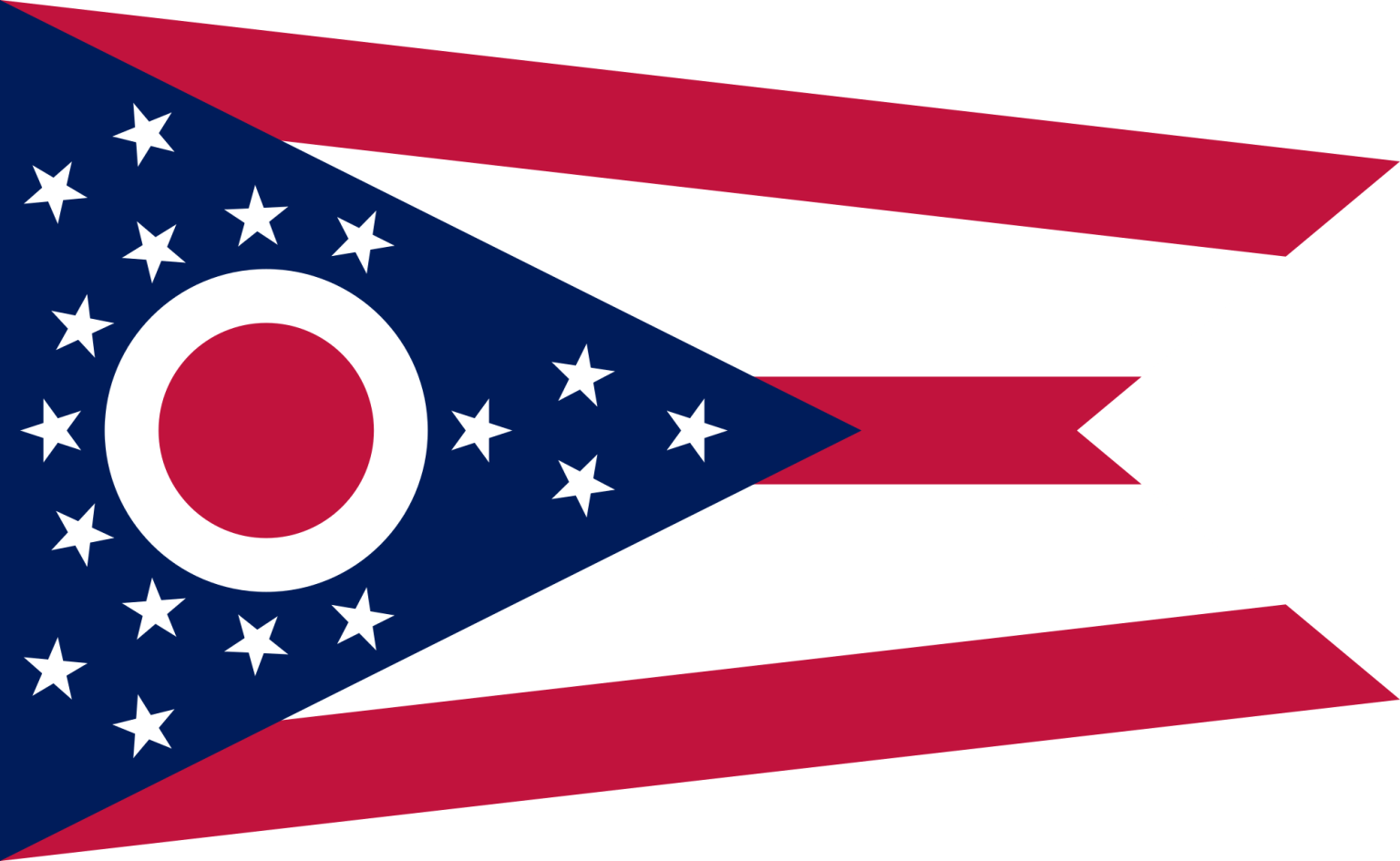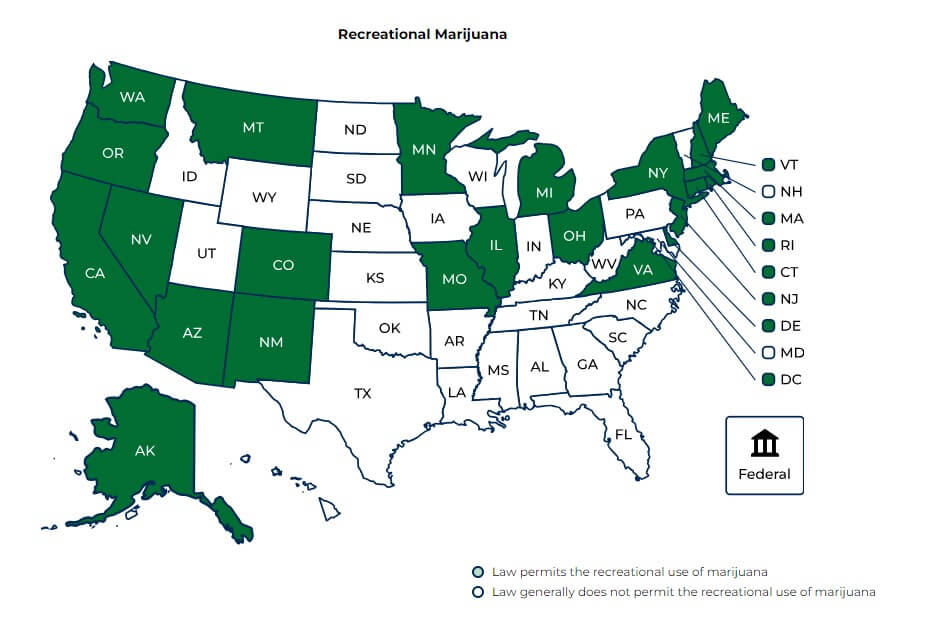On February 14, 2024, a judge of the U.S. District Court for the District of Vermont dismissed a plaintiff’s Americans with Disabilities Act (ADA) discrimination and failure-to-accommodate case, holding that his medical marijuana usage was not protected under the ADA (Skoric v. Marble Valley Regional Transit District).
Quick Hits
- A federal district judge in Vermont ruled that the ADA does not protect medical marijuana usage.
- Under the federal Controlled Substances Act, marijuana has “no currently accepted medical use” and therefore does not fall under the supervised use exception of the ADA.
Marble Valley Regional Transit District terminated Ivo Skoric’s employment after he failed a random drug test. According to his lawsuit, Skoric has a medical marijuana prescription to treat chronic pain and depression. Following his dismissal, Skoric sought unemployment benefits from the Vermont Department of Labor, which were denied.
Skoric filed his lawsuit pro se, alleging claims under the ADA for discrimination and failure to accommodate against Marble Valley, as well as seeking the denied unemployment benefits from the Vermont DOL. The unemployment claim was dismissed by the court for lack of subject matter jurisdiction.
In regards to the ADA claims, Marble Valley argued in its motion to dismiss that Skoric could not state a claim for either disability discrimination or failure to accommodate because he alleged that he was discharged for testing positive for marijuana on a random drug test, not because of his underlying disabilities. Marble Valley also argued that Skoric was not a qualified individual with a disability under the ADA because marijuana is an illegal drug under the federal Controlled Substances Act.
The ADA establishes that “a qualified individual with a disability shall not include any employee … who is currently engaging in the illegal use of drugs, when the covered entity acts on the basis of such use.” Marble Valley argued that Skoric’s marijuana usage falls under this provision, because it is a Schedule I illegal substance under the Controlled Substances Act. Skoric, on the other hand, relied on a different provision of the ADA, which allows for use of illegal drugs “taken under supervision by a licensed health care professional.” Because he has a medical marijuana card, Skoric argued that he was using marijuana under the supervision of a doctor and thus protected by the ADA.
The court did not agree. In reaching its holding, the court cited other district court opinions, as well as a Ninth Circuit Court of Appeals decision, which concluded that medical marijuana use does not fall within the supervised-use exception of the ADA, and therefore outside the protections of the ADA. Citing United States v. Oakland Cannabis Buyers’ Co-op, the court further reasoned that because marijuana has “no currently accepted medical use” under the Controlled Substances Act, a medical marijuana patient is not a “‘qualified individual with a disability’” under the supervised-use exception of the ADA.
Next Steps
The opinion may seem like a knockout punch for employers doing business in Vermont that want to drug test their employees and take adverse action as a result of a negative drug test. However, employers may want to note that Vermont Statute Title 21, Chapter 5, Section 513, flatly prohibits random drug testing. The statute also requires that employers put employees through an employee assistance program (or comparable rehabilitation program) prior to termination of employment.
Employers may also want to note that this was a federal ADA case and, in turn, the “federally illegal” status of marijuana was likely a more pertinent consideration for the district court. State courts, especially in states like Vermont that have employee-friendly marijuana laws, may come out the other way when interpreting their own state anti–disability discrimination laws. In addition, numerous state courts across the country have recognized disability claims under state disability laws, and, at least in a smaller handful of states, the federal ADA. However, disability claims are always very fact-specific in nature.
Ogletree Deakins’ Drug Testing Practice Group will continue to monitor developments with respect to state drug testing laws and will publish updates on the Drug Testing and State Developments blogs as additional information becomes available.







